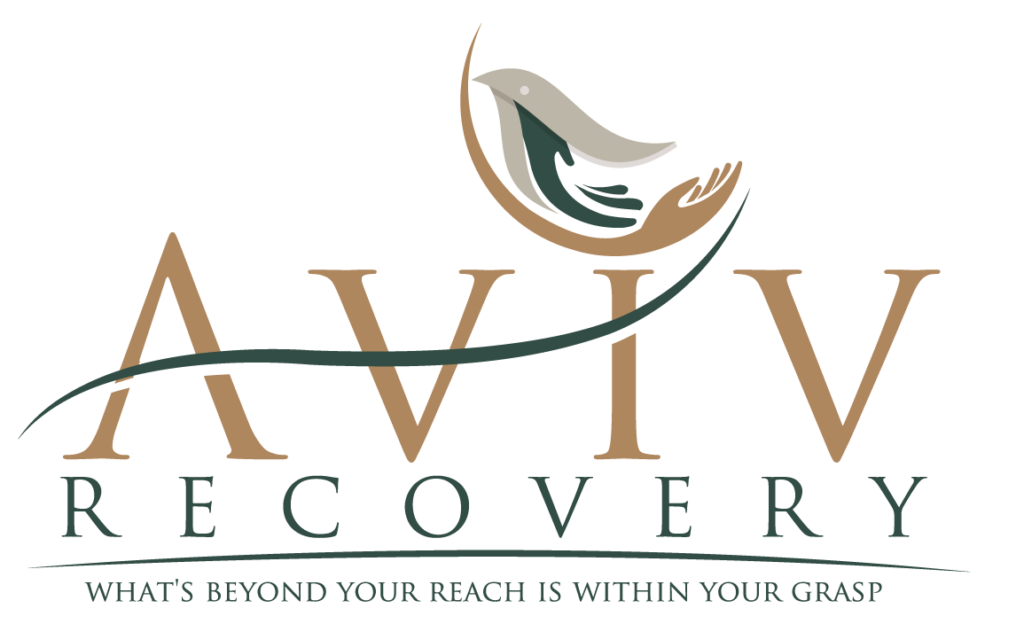
Exploring Virginia Beach Treatment Options
- Intensive Outpatient Programs (IOP): These programs provide structured therapy and support while allowing patients to maintain daily responsibilities.
- Individual Counseling: Focused one-on-one sessions address personal challenges and foster long-term recovery.
- Dual Diagnosis Treatment: This addresses co-occurring mental health issues alongside addiction.
- Medication-Assisted Treatment (MAT): Used to reduce withdrawal symptoms and cravings.
Challenges and Barriers in Addiction Treatment
How Personal Stories Impact Recovery
What Qualifies as an Opioid Addiction Treatment Emergency?
- Recognize the signs: Intense cravings, severe nausea, and extreme agitation are indicators.
- Seek immediate help: Call 911 or go to the nearest emergency room.
- Follow up with treatment: Post-emergency care is essential for sustained recovery.
It’s imperative for individuals and families to understand these symptoms and act swiftly. Proper education enhances readiness and can significantly impact recovery outcomes.
Future Directions in Treatment
What makes the personalized care at Aviv Recovery unique in treating opioid addiction?
At Aviv Recovery, personalized care is not just a catchphrase; it’s the foundation of their treatment philosophy. The team believes that each person’s journey through addiction and recovery is unique, requiring tailored strategies for effective healing. For instance, let’s imagine two individuals, both struggling with opioid addiction but with vastly different backgrounds. One might have developed the addiction following a sports injury, while the other may have been dealing with long-term trauma. Aviv Recovery’s approach would involve customizing their treatment plans to address these specific experiences and needs.
This personalized care includes a thorough intake interview to capture detailed information about a client’s history, goals, and triggers. By focusing on the whole person, rather than just the addiction, Aviv Recovery fosters a treatment environment where clients feel understood and supported. Have you or someone you know ever found more success with personalized attention in healthcare? How might this apply to addiction treatment?
How does Aviv Recovery help overcome common barriers to addiction treatment in Virginia Beach?
Barriers such as financial constraints, accessibility, and stigma often hinder individuals from seeking addiction treatment. Aviv Recovery tackles these challenges through a community-focused approach by integrating local resources and support networks. For example, they offer transportation assistance, easing one significant hurdle for individuals who may otherwise struggle to attend treatment sessions. Additionally, Aviv Recovery’s admissions process is designed to be simple and efficient, reassuring clients and their families that their journey to recovery is a priority.
They also work closely with patients to verify insurance coverage, ensuring that financial concerns do not stand in the way of receiving help. Consider how removing just one barrier can significantly impact a person’s ability to seek necessary treatment. What barriers do you think are the most challenging for individuals facing addiction, and how can communities better support them?
What role do personal stories play in the recovery process at Aviv Recovery?
Personal stories are a powerful tool in addiction recovery, offering a sense of connection and hope. At Aviv Recovery, storytelling is encouraged and integrated as a therapeutic practice. By sharing their journeys, clients can gain new perspectives on their struggles and find strength in the resilience of others. Picture a group therapy session where a participant recounts overcoming a similar challenge–this narrative can inspire others to persevere.
Stories not only help those in recovery but also enrich the therapeutic community by fostering empathy and understanding among peers and staff. Have you ever found inspiration in someone else’s story, and how did it affect your own path? Sharing experiences can be a profound motivator; what story might you share or seek out for inspiration?
How is technology shaping the future of opioid addiction treatment in Virginia Beach?
The integration of technology in addiction treatment is revolutionizing accessibility and efficacy. At Aviv Recovery, there’s a growing emphasis on telehealth services and digital recovery platforms, which have become invaluable, especially for those in underserved areas. For instance, consider a working professional who struggles to attend in-person meetings due to a hectic schedule; online sessions can offer the flexibility they need.
Moreover, technology aids in maintaining continuous support, with clients accessing resources and professionals at the touch of a button. It’s a step towards more inclusive care, ensuring that no matter the circumstances, help is always within reach. What role do you think technology should play in healthcare moving forward, and how can it enhance traditional methods?
What qualifies as an opioid addiction treatment emergency, and how should it be addressed?
An opioid addiction treatment emergency involves acute withdrawal symptoms or a risk of overdose, requiring immediate attention. Recognizing signs such as severe nausea, extreme agitation, or intense cravings is crucial. In these situations, calling 911 or visiting an emergency room is essential for receiving the care needed. Aviv Recovery stresses the importance of following up with comprehensive treatment after the immediate crisis is managed.
Proper education on these symptoms can significantly impact outcomes and enhance readiness. Imagine catching an emergency early because you recognized the warning signs–this knowledge could be lifesaving. How prepared do you feel to handle such a situation if it arose, and what can be done to improve community awareness and response?
Resources
- Substance Abuse and Mental Health Services Administration (SAMHSA) – SAMHSA is a government agency that leads public health efforts to advance the behavioral health of the nation.
- National Institutes of Health (NIH) – NIH is the primary agency for conducting and supporting medical research and is a valuable resource for information on addiction treatment.
- National Institute on Drug Abuse (NIDA) – NIDA is part of the NIH and focuses on supporting research to understand, prevent, and treat drug addiction.
- Centers for Disease Control and Prevention (CDC) – The CDC provides crucial information on public health issues, including opioid addiction and treatment.
- Addiction Center – Addiction Center is a comprehensive resource for individuals seeking information on addiction, treatment options, and recovery support.




